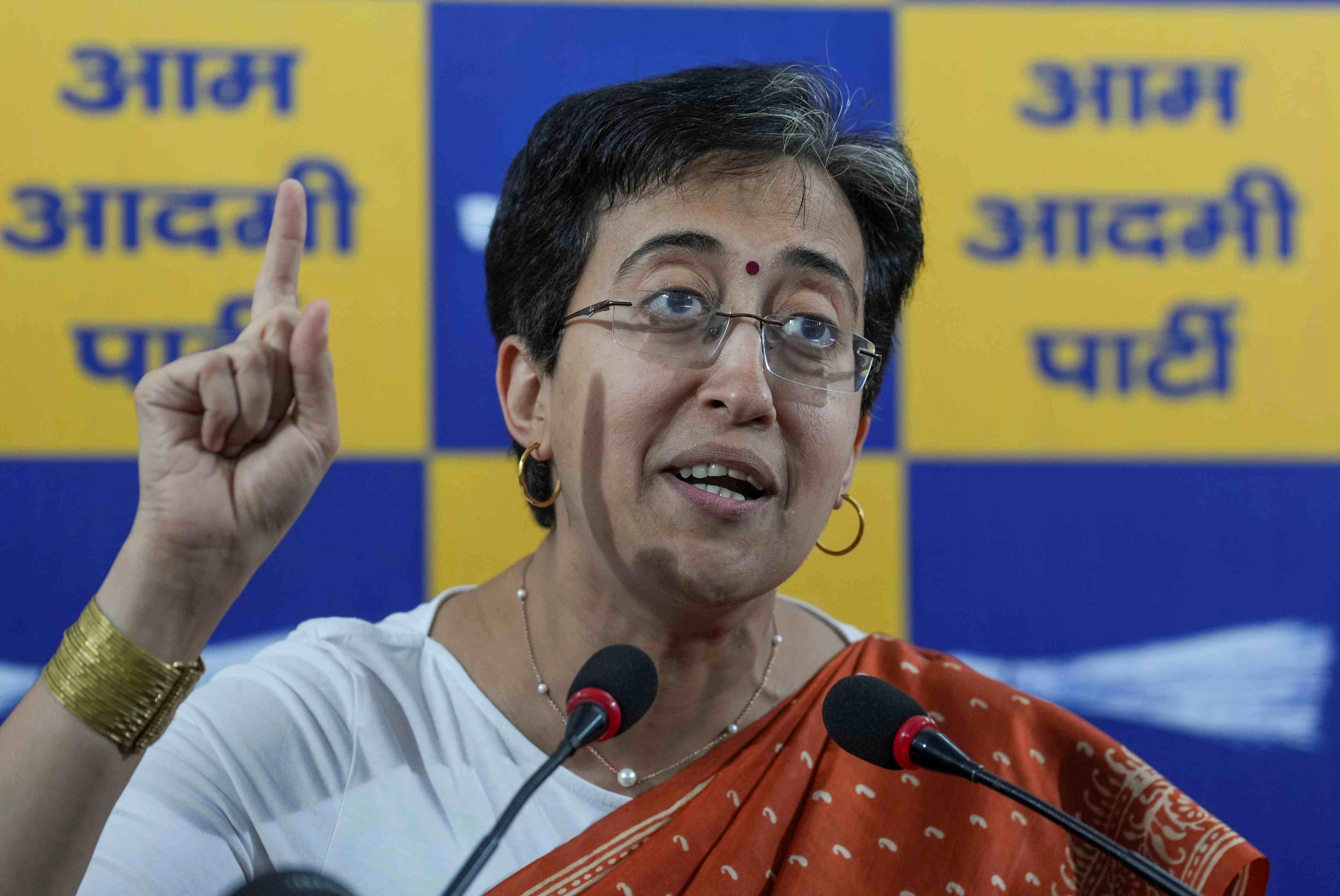Atishi, a prominent member of the Delhi Assembly, has expressed her strong dissatisfaction with the recent budget proposal for the fiscal year 2025-26 presented by the Delhi government. She criticized the budget for lacking thorough analysis and evaluation, arguing that it fails to address the pressing needs of the citizens. According to Atishi, the government’s financial plan does not reflect a comprehensive understanding of the socio-economic challenges faced by the people of Delhi. This, she asserts, demonstrates a significant disconnect between the government’s priorities and the realities on the ground.
In her remarks, Atishi emphasized the importance of data-driven decision-making in budget formulation. She pointed out that without adequate analysis, the budget risks being ineffective and may not allocate resources where they are most needed. The absence of a clear strategy to tackle critical issues such as healthcare, education, and infrastructure development raises concerns about the government’s commitment to improving the quality of life for Delhi residents. Atishi’s critique highlights the necessity for a more transparent and accountable budgeting process that genuinely reflects the aspirations of the populace.
Furthermore, Atishi called for a more participatory approach in budget planning, where the voices of citizens and stakeholders are taken into account. She believes that the government should engage with community members to better understand their needs and priorities. This engagement could lead to a more inclusive budget that not only addresses immediate challenges but also sets the groundwork for sustainable growth and development in the years to come. Atishi’s statements serve as a reminder of the critical role that effective governance and responsible fiscal management play in ensuring the welfare of the community.
In light of these concerns, it is clear that the Delhi government must reassess its approach to budgeting. By incorporating comprehensive analysis and fostering community involvement, the government can create a budget that truly serves the interests of its citizens. Atishi’s critique is not merely a political stance; it is a call for accountability and a more effective governance model that prioritizes the needs of the people over bureaucratic inertia. As the budget discussions unfold, it will be essential for the government to heed these warnings and strive for a more thoughtful and responsive fiscal strategy.




